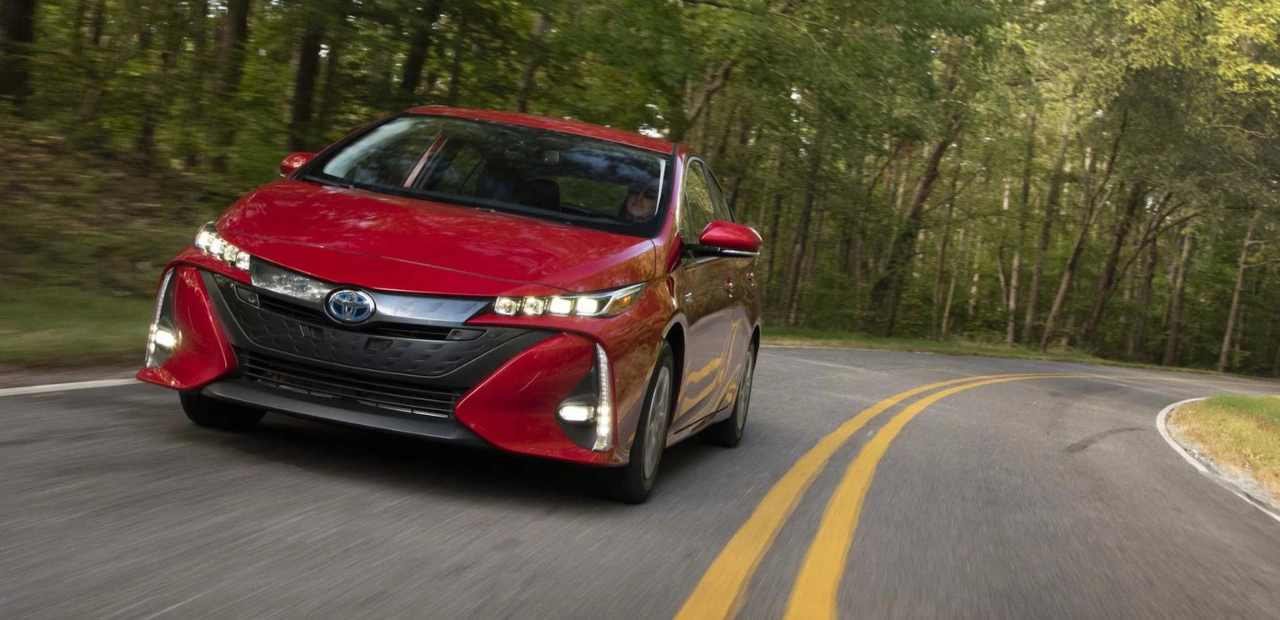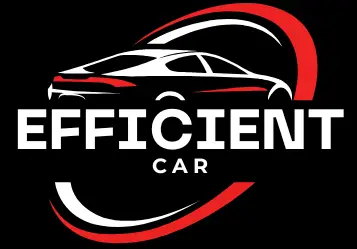What is the range of an efficient car?

Fuel Efficiency: Understanding the correlation between fuel efficiency and the range of an efficient car.
Fuel efficiency plays a crucial role in determining the range of an efficient car. The correlation between these two factors is quite straightforward - the more fuel-efficient a vehicle is, the longer it can travel on a full tank. This is primarily because fuel efficiency measures how well a car utilizes fuel to generate power and propel itself forward. When a car is able to get more mileage out of every drop of fuel, it can cover greater distances before needing to refuel. Therefore, it is evident that fuel efficiency directly impacts the range of an efficient car.
One key aspect to consider when understanding the correlation between fuel efficiency and range is the vehicle's aerodynamics. Cars that have a sleek and streamlined design tend to be more fuel-efficient as they encounter less resistance from the air at high speeds. This reduced drag allows the car's engine to work more efficiently, resulting in a longer range. Conversely, vehicles with a boxy or bulky shape experience greater air resistance, which increases fuel consumption and ultimately limits their range. Therefore, manufacturers often prioritize aerodynamic design in order to improve fuel efficiency and maximize the range of efficient cars.
Engine Technology: Exploring the impact of advanced engine technologies on the range of efficient cars.
Advanced engine technologies play a crucial role in improving the range of efficient cars. These technologies focus on enhancing the combustion process, reducing friction, and optimizing power output. By utilizing techniques such as direct fuel injection, turbocharging, and variable valve timing, modern engines are able to extract maximum energy from every drop of fuel. This not only improves fuel efficiency but also extends the distance that a car can travel on a full tank. Furthermore, advanced engine technologies also contribute to reducing emissions, making these cars more environmentally friendly.
In addition to improving fuel efficiency, advanced engine technologies also enable efficient cars to have a better power-to-weight ratio. This means that despite being fuel-efficient, these cars can still deliver impressive acceleration and performance. By utilizing lightweight materials and innovative design concepts, such as downsized engines with higher power output, efficient cars are able to achieve a better balance between range and performance. With advancements in engine technology, the range of efficient cars continues to expand, giving consumers a wider selection of eco-friendly vehicles that can meet their driving needs without compromising on power or efficiency.
Hybrid Systems: How hybrid systems can extend the distance an efficient car can travel.
Hybrid systems have emerged as a game-changer in the world of fuel-efficient cars, offering tremendous potential to extend the distance these vehicles can travel. By combining an internal combustion engine with an electric motor, hybrid cars are able to leverage the benefits of both power sources. The internal combustion engine provides the necessary power for high-speed driving, while the electric motor kicks in during slow speeds or when idling, reducing fuel consumption and emissions. This unique combination allows hybrid cars to cover more ground on a single tank of fuel, making them a practical choice for those who frequently travel long distances.
One of the key advantages of hybrid systems is their ability to capture and store energy that would otherwise be wasted during braking or deceleration. This energy, known as regenerative braking, is used to recharge the car's battery, which in turn powers the electric motor. By harnessing this energy, hybrid cars are able to maximize their fuel efficiency and extend their range. Additionally, hybrid systems can intelligently switch between the electric motor and the internal combustion engine, depending on the driving conditions and power requirements. This seamless transition not only ensures optimal performance, but also results in significant fuel savings and an extended range for efficient cars. Overall, the integration of hybrid systems in fuel-efficient cars has revolutionized the automotive industry, offering a promising solution to enhance the distance these vehicles can travel while reducing their environmental impact.
Electric Power: The role of electric power in enhancing the range of efficient cars.
Electric power plays a crucial role in enhancing the range of efficient cars. With advancements in electric vehicle technology, more and more car manufacturers are incorporating electric power into their vehicles to maximize fuel efficiency and extend the range.
One key way electric power enhances the range of efficient cars is through regenerative braking. When a car brakes, kinetic energy is converted into electrical energy, which is then stored in the battery. This stored energy can be used to power the car's electric components or assist in accelerating the vehicle, reducing the reliance on fuel and extending the range. Additionally, electric power can also be used to power auxiliary systems in the car, such as lights, air conditioning, and infotainment systems, without draining the fuel tank. By utilizing electric power, these systems can provide the necessary functionalities without impacting the overall fuel efficiency and range of the vehicle.
Battery Capacity: Examining how the capacity of a car's battery affects its range.
The capacity of a car's battery plays a crucial role in determining its range, or how far it can travel on a single charge. Simply put, a larger battery capacity means that the car can store more electrical energy, which in turn allows it to go a greater distance. This is because the battery acts as the primary source of power for an electric car, and the more energy it can hold, the longer the car can operate before needing to be recharged.
In recent years, advancements in battery technology have led to the development of batteries with higher capacities, resulting in electric cars that can travel longer distances. This has been a significant breakthrough in the automotive industry, as it has helped alleviate one of the major concerns with electric vehicles - range anxiety. With larger battery capacities, drivers can now feel more confident in the range of their electric cars, knowing that they can go farther without needing to recharge.
Regenerative Braking: How regenerative braking can help increase the range of efficient cars.
Regenerative braking is a crucial technology that can significantly enhance the range of efficient cars. Unlike conventional braking systems, regenerative braking captures and stores energy that would otherwise be wasted during deceleration or braking. This stored energy is then used to power the car's electrical systems or to provide extra power to the wheels, thus reducing the burden on the car's primary power source, such as an internal combustion engine or a battery. By effectively recycling energy, regenerative braking not only improves fuel efficiency but also extends the distance an efficient car can travel on a single charge or tank of fuel.
One of the key advantages of regenerative braking is its ability to recover energy that is normally lost as heat during the braking process. By converting the kinetic energy of the moving vehicle into electrical energy, this technology not only reduces wear and tear on the brake pads but also provides a valuable source of power for the car's electrical components. This reduces the overall demand on the primary power source, allowing it to operate more efficiently and extend its range. Additionally, regenerative braking can also reduce the amount of friction and heat generated by the braking system, enhancing the overall lifespan of the brake components. With regenerative braking, efficient cars can not only go the extra mile but also contribute to a greener and more sustainable transportation future.
